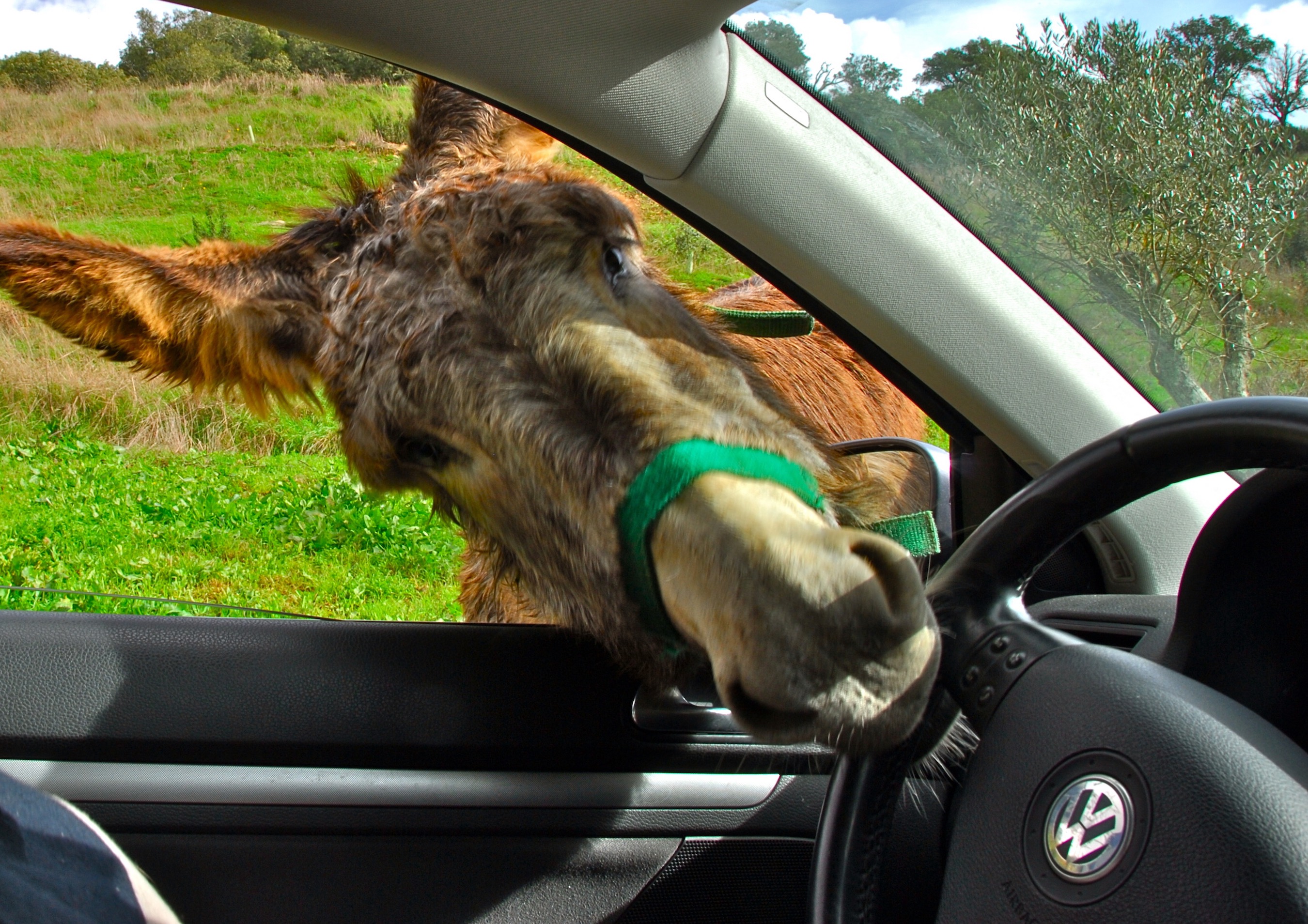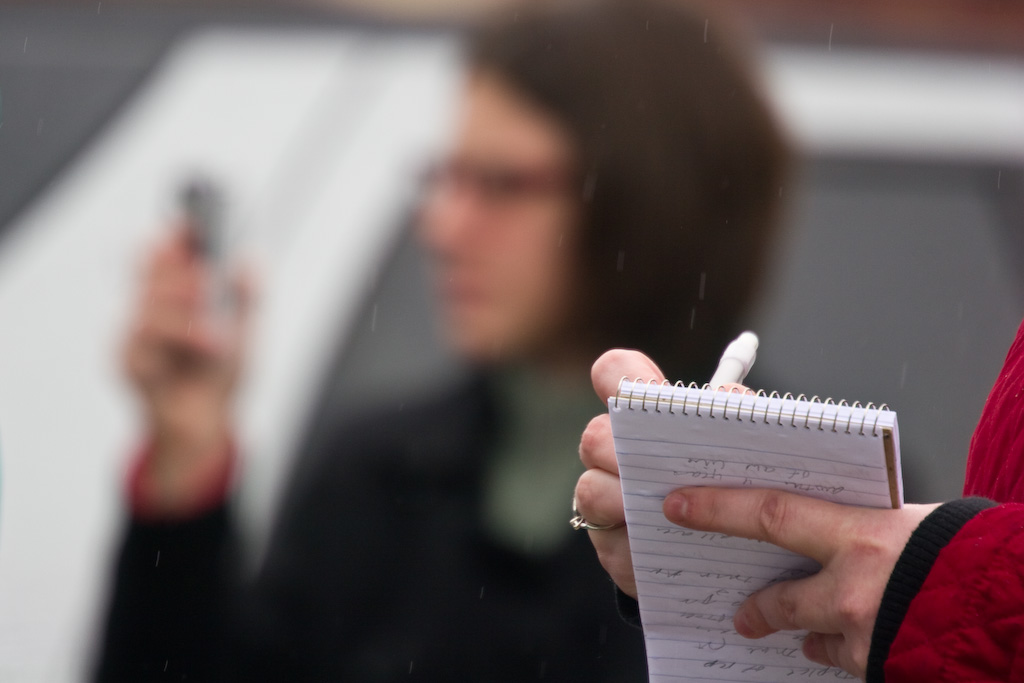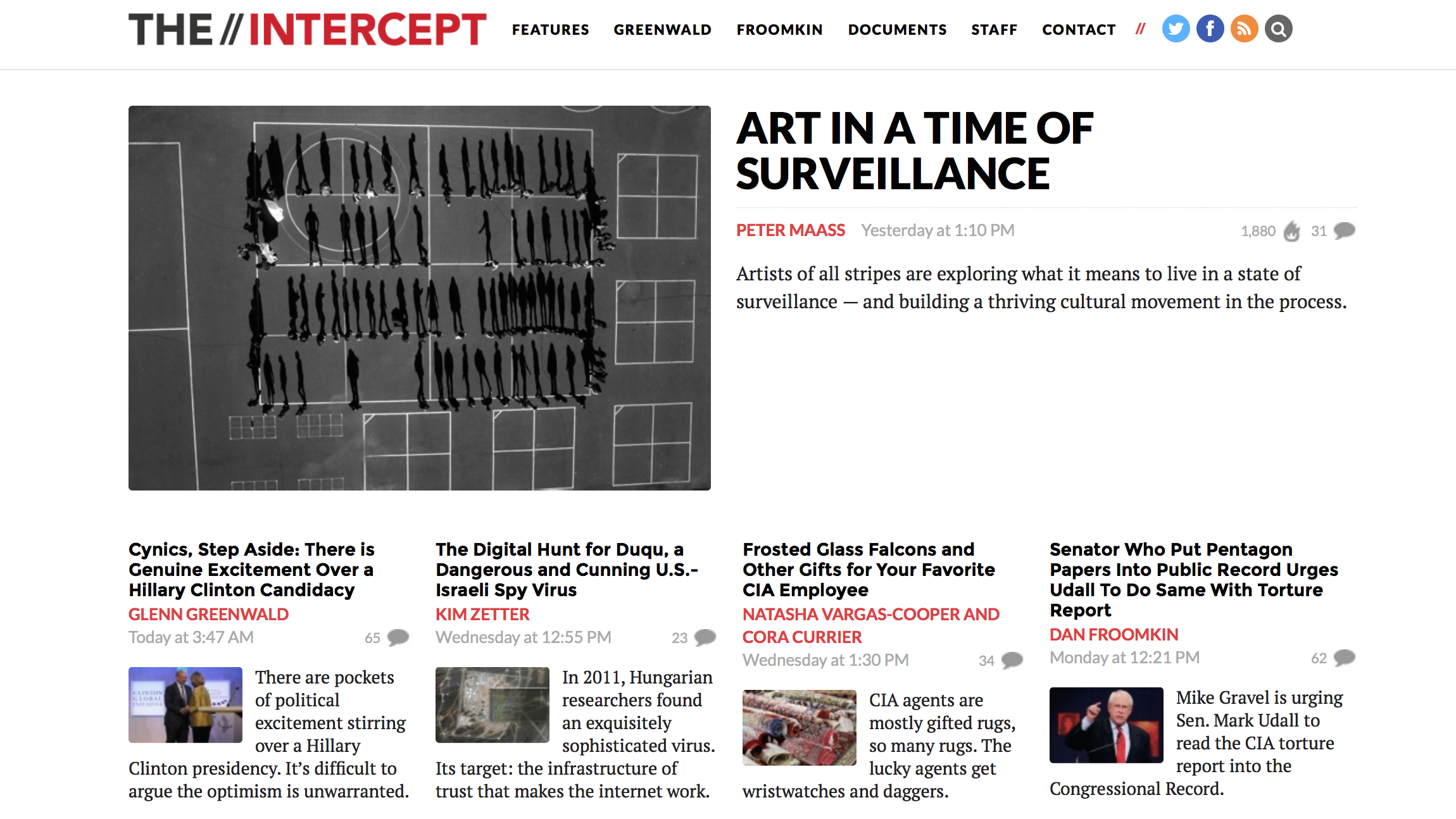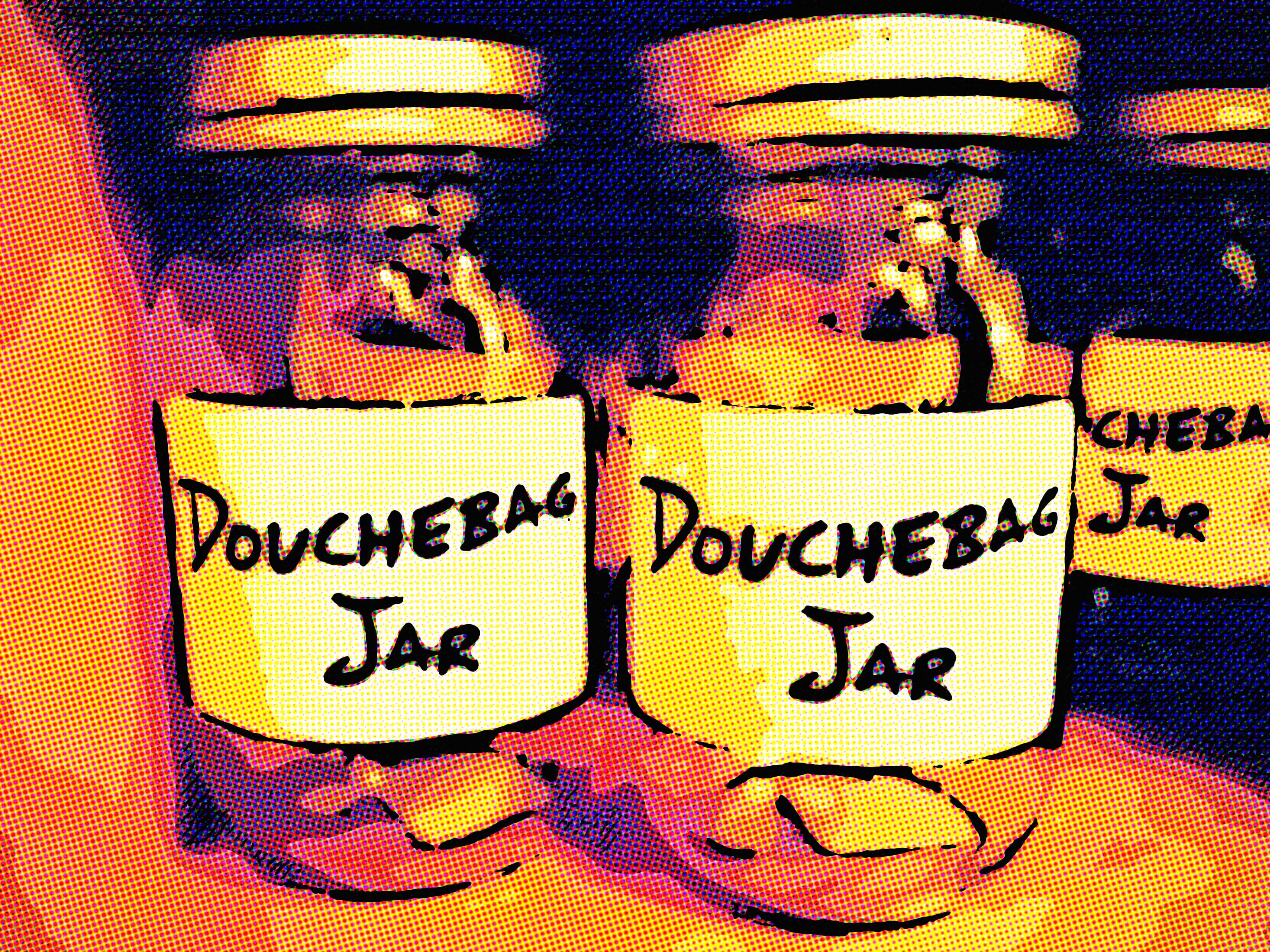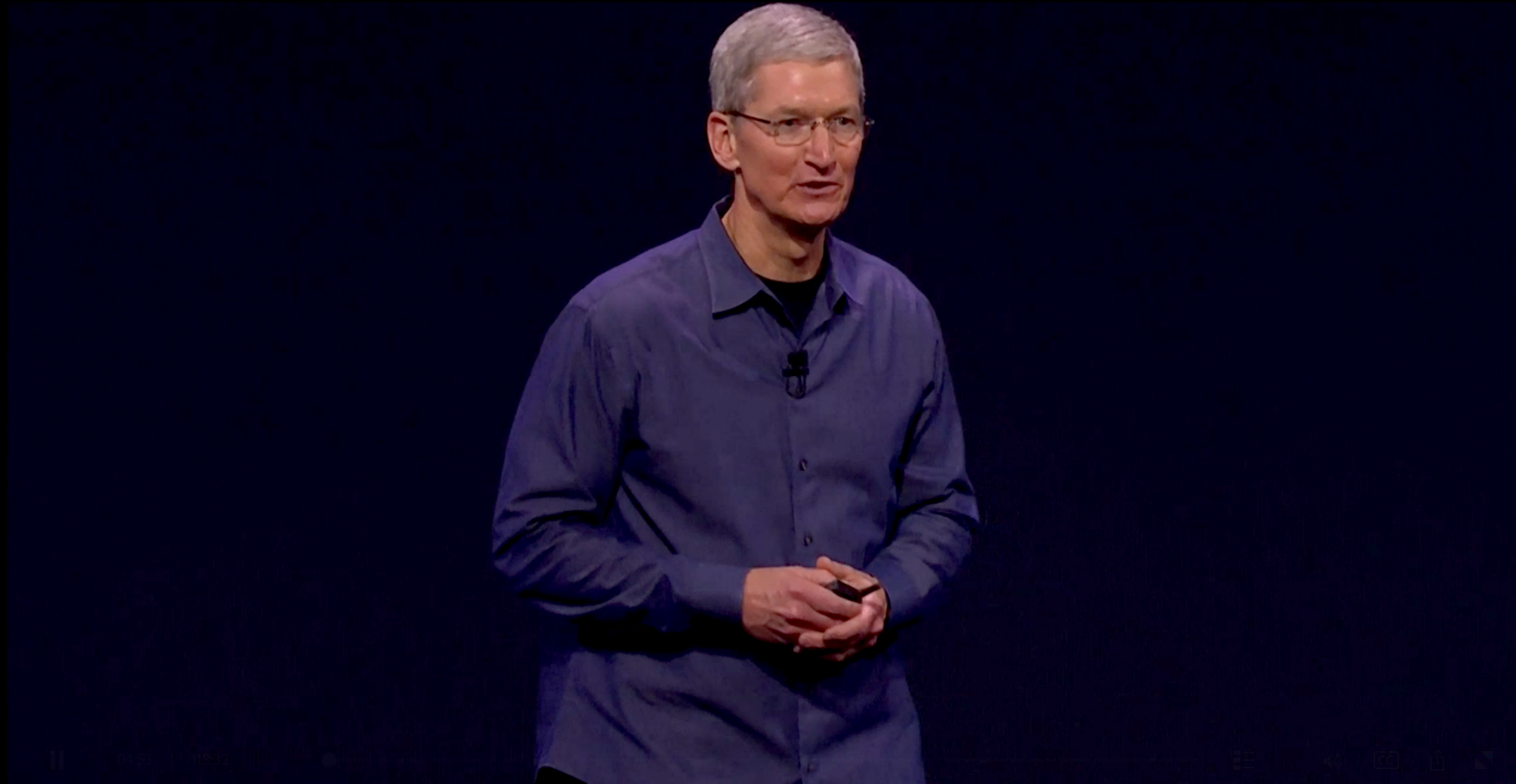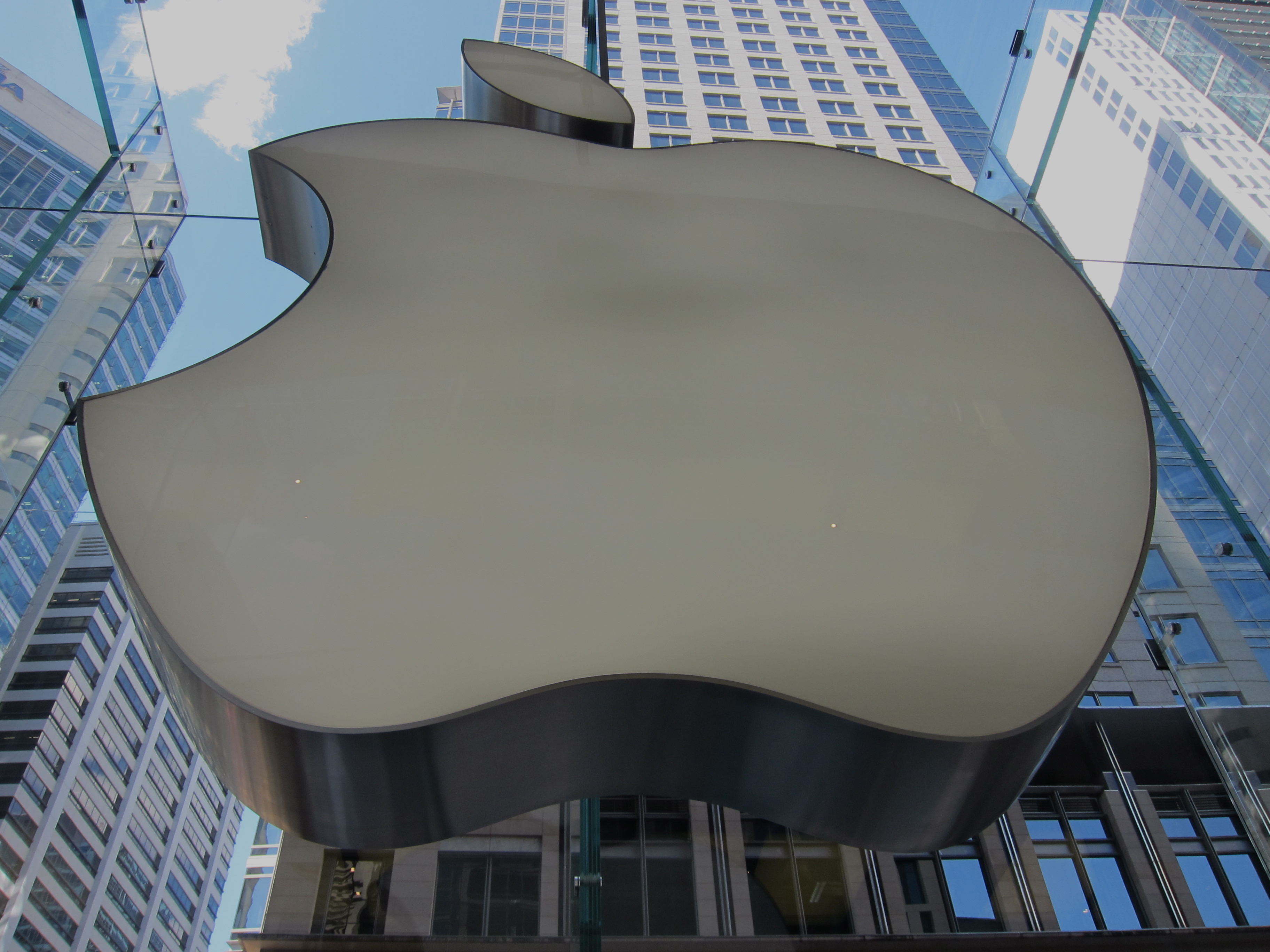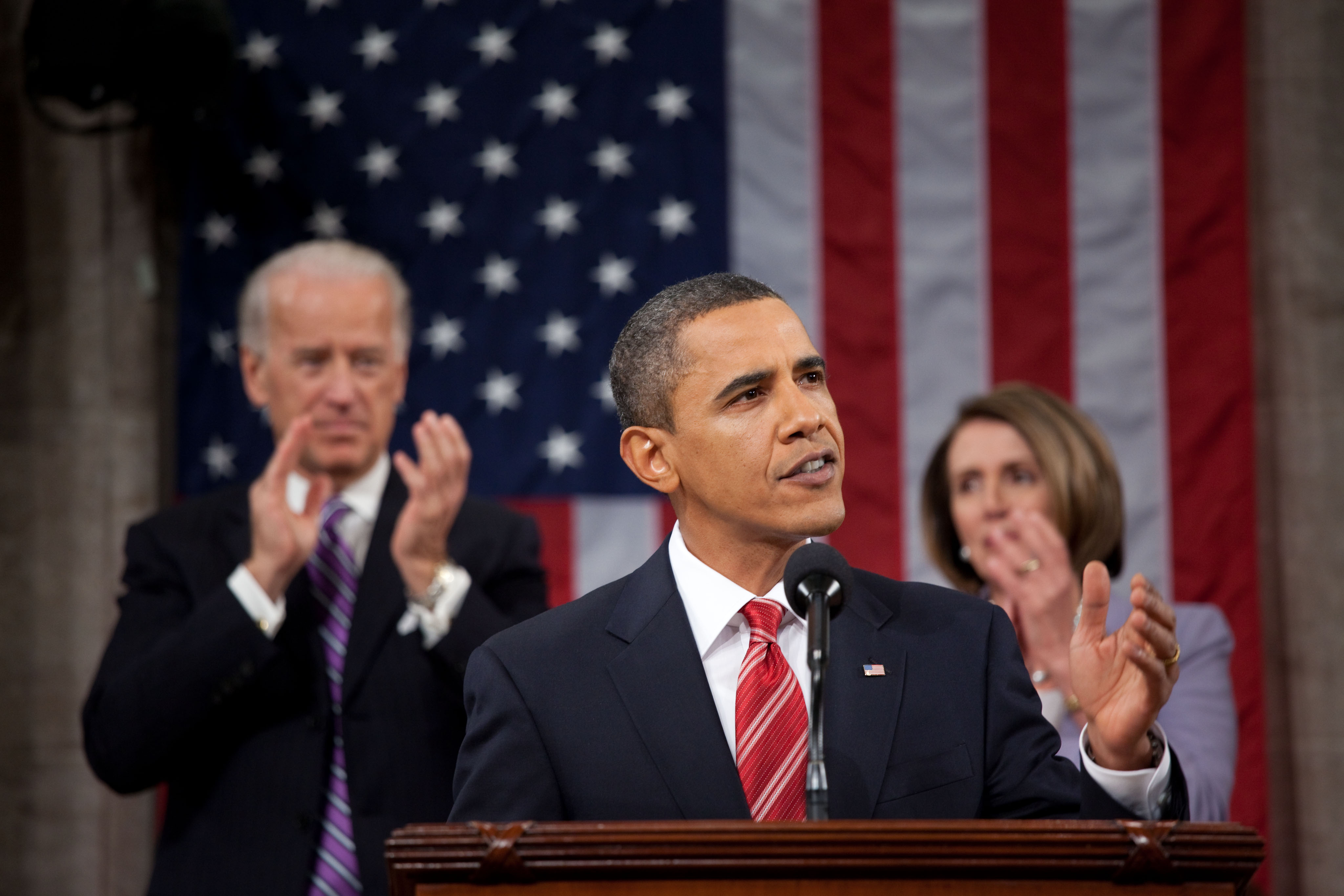Sometimes I joke about working my way down from editor to reporter. In autumn 1993, I was employed by a now defunct general interest magazine, commissioning, editing, and processing stories—the whole gamut right through design and pagination. For five years a note hung over the light switch to my workspace: “What’s the point?” It’s the question I asked when reading every story, many of them from academics who never seemed capable of making a point or just getting to one.
My career path changed after reading “The Future is Now” by Kate McKenna in what was then called Washington Journalism Review. The lede cajoled: “The last time newspapers were this interested in new technology, they were looking for ways to keep the ink from rubbing off on their readers’ hands. Now they’re exploring how a newspaper can survive, even thrive, without ink—and maybe without paper”. She convinced me the Internet would irrevocably change publishing.


